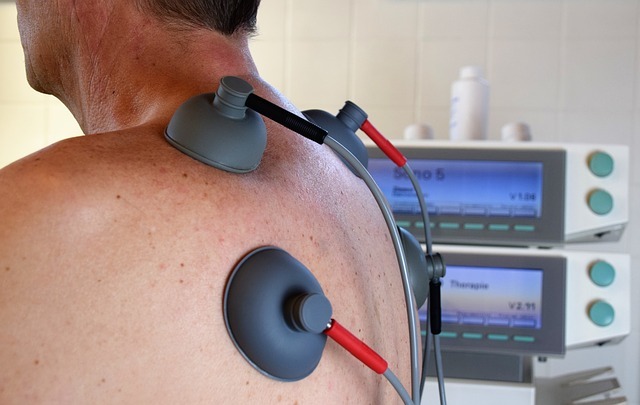Address
304 North Cardinal St.
Dorchester Center, MA 02124
Work Hours
Monday to Friday: 7AM - 7PM
Weekend: 10AM - 5PM
Address
304 North Cardinal St.
Dorchester Center, MA 02124
Work Hours
Monday to Friday: 7AM - 7PM
Weekend: 10AM - 5PM
Electrotherapy describes the use of electrical current to create an stimulative effect in the body. Physiotherapists use electrical currents at low levels to reduce the sensation of pain. It may work either by “scrambling” pain signals to mask feelings of pain or by causing the body to produce natural pain-killers called endorphins.

Physiotherapists can use electrical stimulation to cause muscles to tense to help the maintenance of muscle tone when muscles would otherwise lose strength or help retrain muscles to contract again.
The benefits of electrotherapy are wide-ranging and include a more advanced healing process, a more effective circulatory system, and increased muscle tone. Electrotherapy will ultimately increase muscle tone, range of movement, speed and strength of muscle contractions, and an increased rate of absorption.